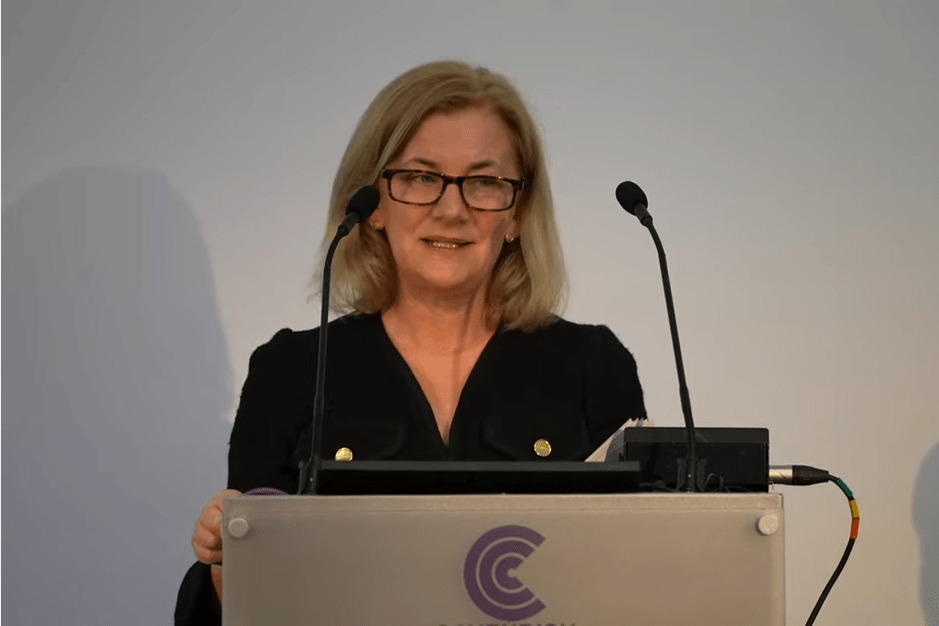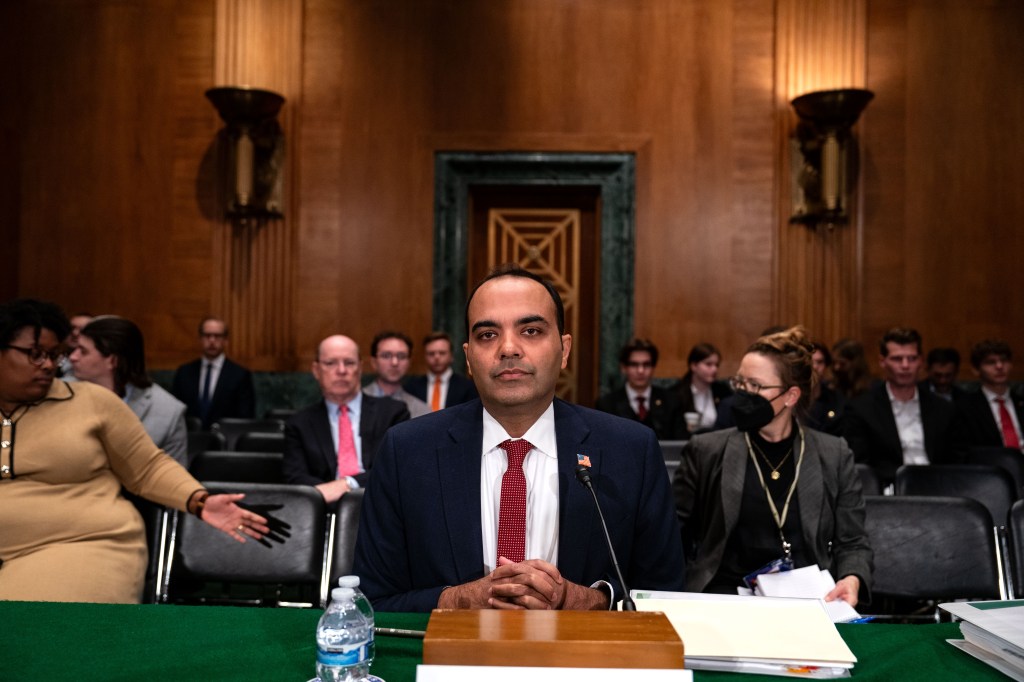Now the industry is approaching another significant frontier, senses Prakash Pattni, Managing Director of Digital Transformation at IBM Cloud for Financial Services. “We’re on the cusp of another inflection point,” he says, predicting the realization of the potential of 5G, blockchain, and quantum computing will cause “another spurt” of innovation across the industry.
“People talk about data being the new oil,” Pattni continues. “That makes blockchain the new oil rig, and artificial intelligence the new refinery. So the coming together of these things makes it an exciting time to be part of the industry.”
How do the most prominent banks work out where to place their bets on the tech that might shape the future of banking? Steve Suarez, Global Head of Innovation – Global Functions, at HSBC, is well placed to provide an answer. “We’re constantly scanning the horizon to see how we can apply these new technologies. As we process 1.5trn transactions daily, we understand the great responsibility to protect our customers,” he says. “We want to gather data to personalize banking, and quickly, but securely, give our customers what they need.”
Game-changing long shots
Suarez uses a three-horizon approach to innovation. “Horizon one focuses on the stuff we already know well and will incrementally improve things in the shorter term,” he explains. “Horizon two, which is about two-to-three years from now, is fairly new technology to banks, so things like blockchain. We look at how we can provide use cases with these technologies to improve the bank.”
Lastly, there is the third horizon, which Suarez is particularly enthusiastic about, because it is where science fiction becomes a reality, if things go to plan. “This one is about the long shot,” he says, “and right now, it involves things like quantum computing, which could be a game-changing technology for financial services, and the metaverse.”
In March, HSBC announced it was buying a plot of virtual real estate in online gaming space the Sandbox. This was the bank’s first significant foray into the metaverse, but probably won’t be its last. A month earlier, JPMorgan became the first global bank to announce an investment in a popular metaverse platform, by establishing a presence in the blockchain-based Decentraland.
The word ‘metaverse’ was coined in the 1992 novel Snow Crash, written by Neal Stephenson. It refers to a virtual topography where real estate can be bought and a place in which humans, avatars, and other software programs, interact. Suarez hints that HSBC is likely to be loyal to the original meaning. “We will be building on our plot of land, putting in virtual stadiums, and working out how to better serve our customers,” he says, adding that the bank hopes to engage with sports, e-sports, and gaming fans.
Weighing up potential dangers
Suarez relishes his job leading an ecosystem focused on improving better ways of serving HSBC customers through innovative solutions – frankly, who wouldn’t? “The secret to innovation is you’ve got to make it cheaper, faster, and frictionless for people,” he says. While the prospect of the larger, longer-distance gambles excites him the most, understandably, Suarez tries to remain ambivalent about the technology. He weighs up the positive benefits with the potential downsides and dangers.
“We’re all betting on these technologies to achieve advantage,” he says, “and there are huge opportunities, but we need to look at the risks from a security perspective and work out how we might have to structure ourselves.”
“Innovative financial services want to have that credibility in the market. They don’t think that’s going to be possible until they are brought within the regulatory perimeter.”
Rachel Waggot, Head of Regulatory Affairs, Innovate Finance
With this in mind, HSBC is investing in upskilling staff and actively recruiting quantum experts, for example. And earlier in the year, HSBC and IBM shook hands on a three-year collaboration to explore applications for quantum computing in financial services and ensure the bank’s “organizational readiness” to take full advantage of the technology.
Jehangir Byramji, senior emerging technology innovation lead at Lloyds Banking Group, also revels in exploring new technologies that can transform business models. He organizes his experimentations in a slightly different way to Suarez, though, and into three broad categories: data; AI and machine learning; Web3 and the metaverse.
At the moment, Byramji says he is most encouraged by the developments happening in AI, machine learning and machine intelligence. “You’re going to see many more intelligent agents – as much in the physical world as in the data realm, thanks to the Internet of Things and connectivity,” he says.
Regulation meets innovation
Regulators have an essential role to play and can largely dictate the pace of innovation in the banking sector. Rachel Waggott, Head of Regulatory Affairs at Innovate Finance, an independent, non-profit membership-based organization and the industry body serving the UK’s fintech community, talks about the “sense of upheaval” that followed the financial crash of 2008.
“After that, we entered into a decade or more of regulation,” she says. “There was a whole new set of regulators who were given a mandate of promoting competition and innovation within the financial services market, and we have seen that play out in digital channels, mobile channels, and with the growth of challenger banks.”
Waggott points out that most of Innovate Finance’s members that offer new products, such as buy now, pay later, or digital assets, welcome this regulation. “They want to be taken seriously and have that credibility in the market. They don’t think that’s going to be possible until they are brought within the regulatory perimeter,” she adds.
At IBM, Pattni concurs the regulators’ level of understanding of these new technologies is generally good, and greater collaboration should enable the pace of innovation to be maintained.
“I’ve noticed they have become more astute at understanding what’s going on,” he says. “For example, initially they were reticent to get involved with digital assets, but now we are seeing a real openness. They are starting to hire people and build teams to look deeper at these things.”
That greater focus will, in theory, mean regulation passes quicker, which is reassuring for those in the sector looking to place – and land – bets on the future of banking technology.













